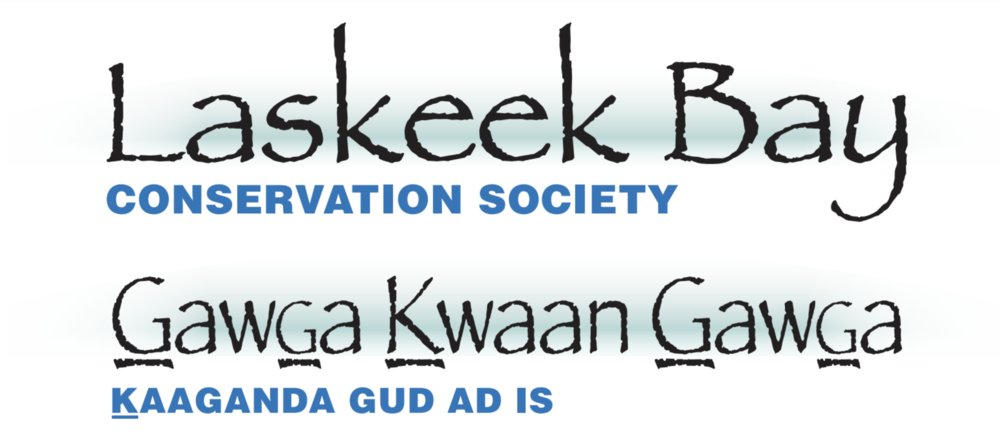Keith and Viv have now wrapped up their time at the World Seabird Conference, and have been busily telling us about the connections made and ideas gained. With over 600 scientists, biologists, students, community activitists and representatives from environmental organizations spanning 52 countries, it was 3 rich days of learning and exchange. Keith's talk and Viv's poster on citizen science were both extremely well received, and we've been making plans for the 2016 field season based on what was learned.
“I learned a lot that we will be able to incorporate into planning for the future of LBCS, and I met so many people. It is important that the society continues to undertake relevant and important research, and with the new knowledge gained and new connections that we made I will be able to continue to help LBCS do this in the future.”
Presentations at the conference show that many of the seabird species in the world - the penguins, the albatrosses, the petrels, the terns and others - are in great trouble. They are impacted by global climate change, disappearing sea ice, warming ocean temperatures, diminished fish stocks, conflicts with fisheries and especially the impacts of introduced predators. Fortunately, much is now being done to find ways to address some of these threats and to improve and restore seabird colonies, especially through programs that connect scientists, local community activists and NGOs.
“What we are doing is very much in line with what is starting to happen with seabird conservation in many other parts of the world. Even at Limestone Island, and here on Haida Gwaii, we see some of the same impacts. Over the years, LBCS, in our small way, has pioneered an approach that is now being developed globally. It was very rewarding to see that we are part of a global network of people getting local communities more involved in the global environmental issues.”
A few resources from the conference that might be of interest...
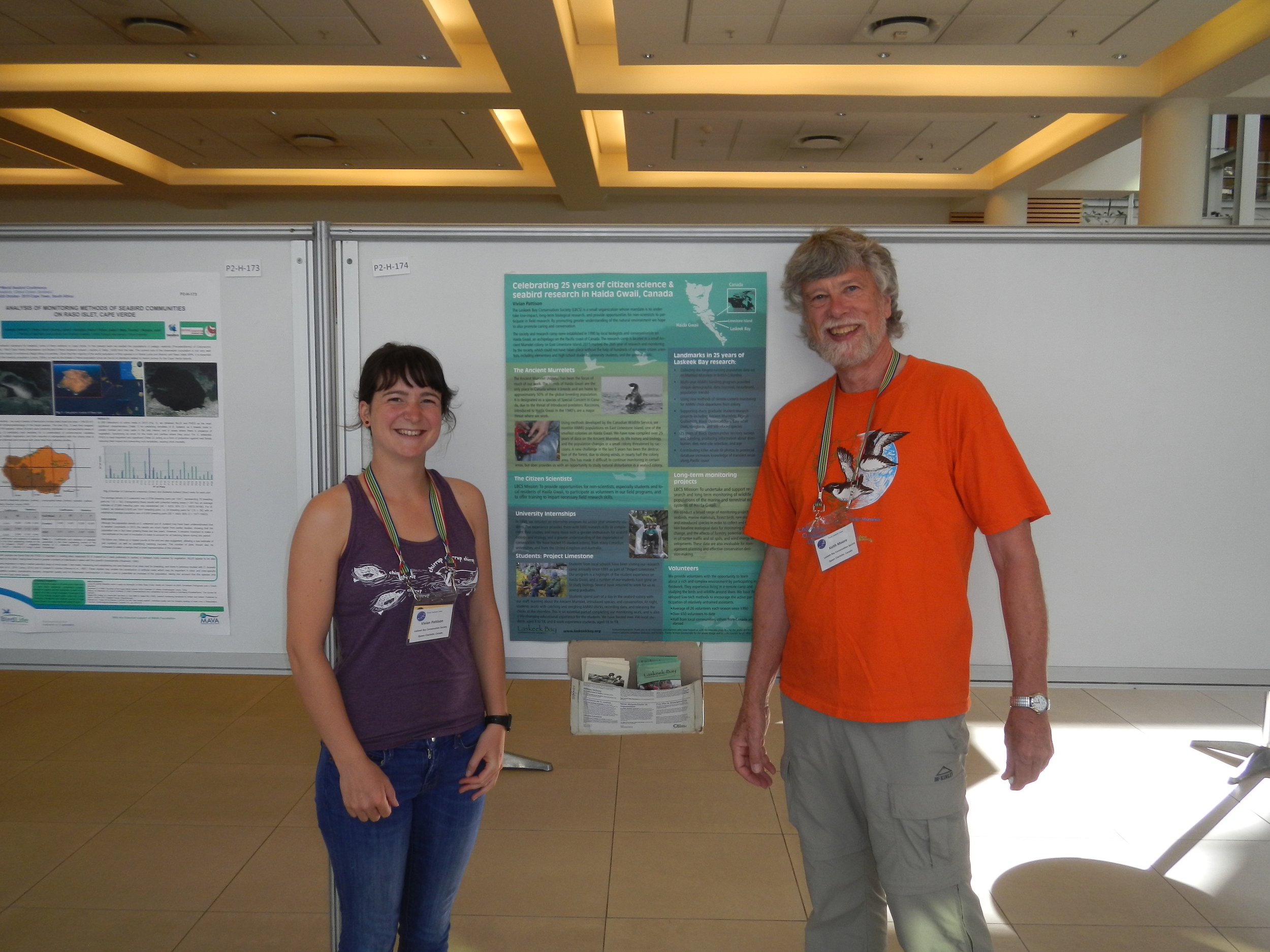
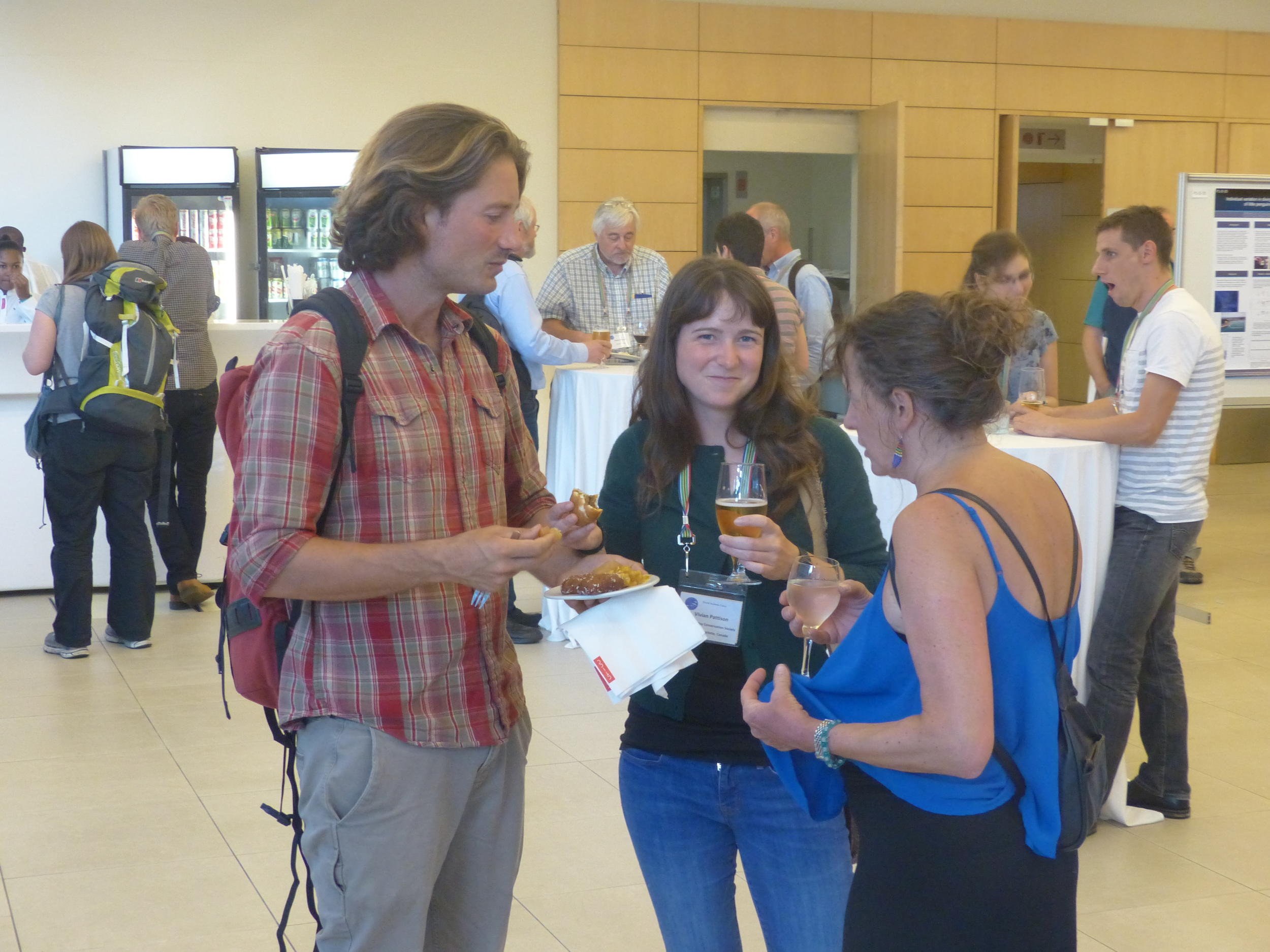
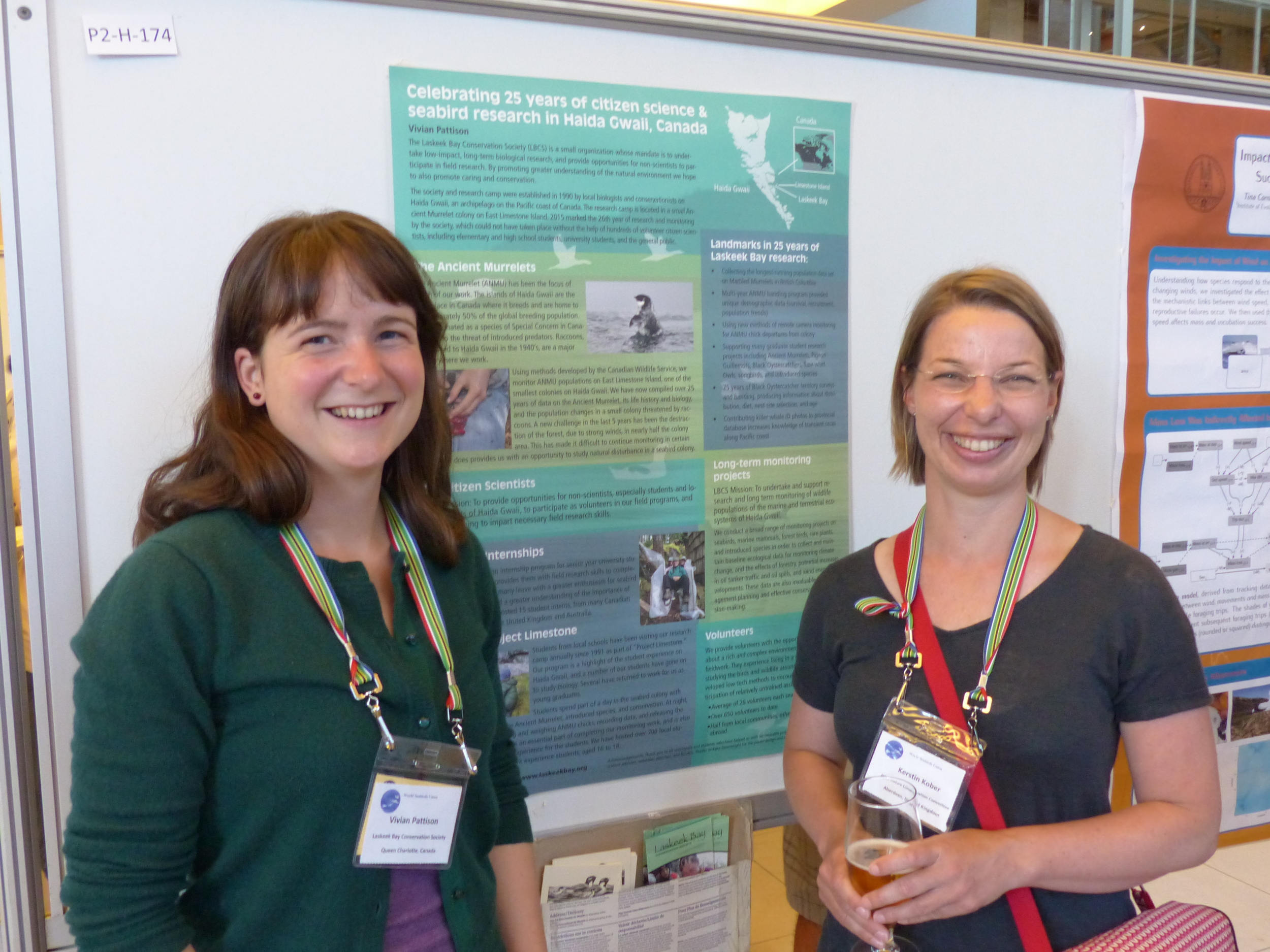
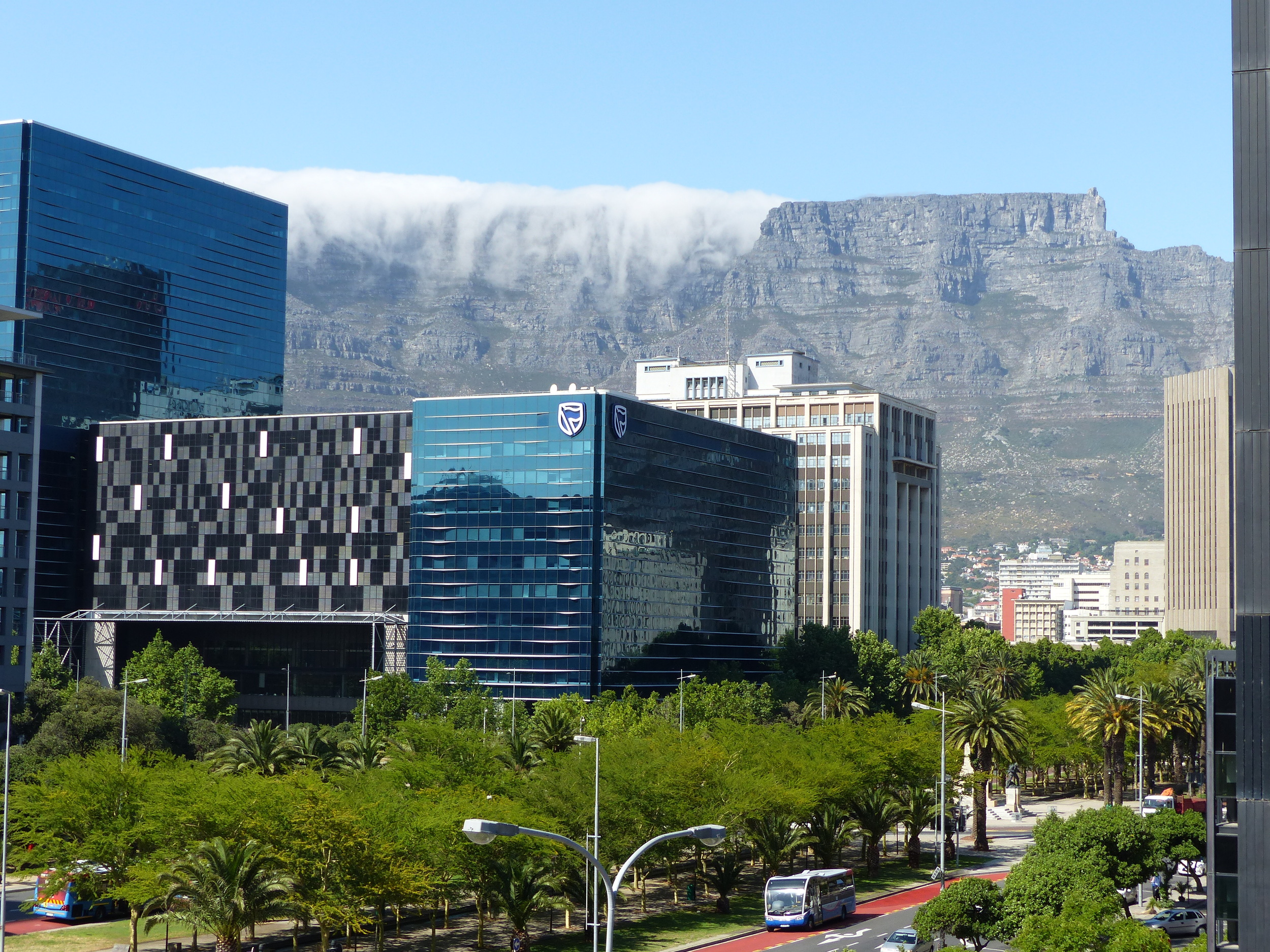
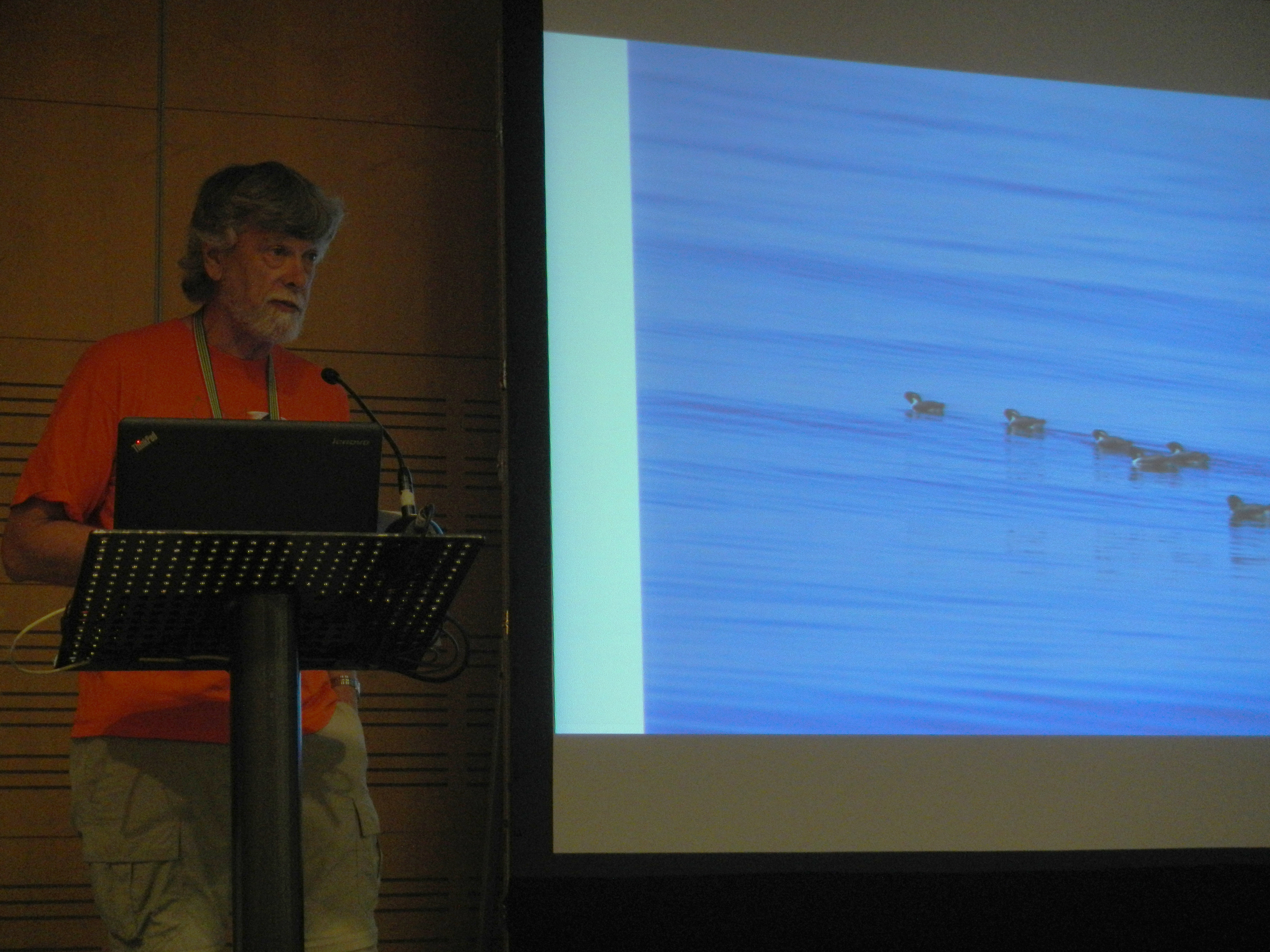
A great video by the World Seabird Conference highlighting some of the amazing seabird research going on around the world. Keith is near the end!
